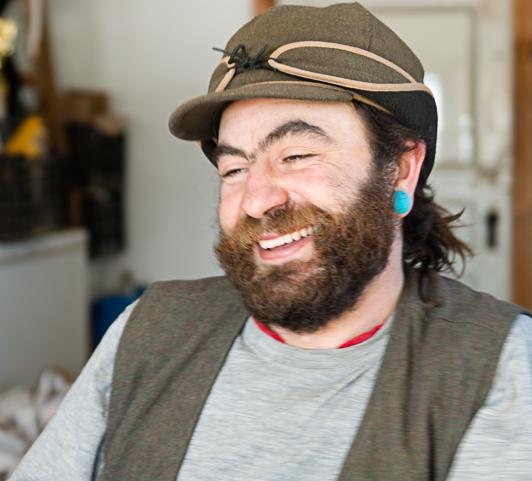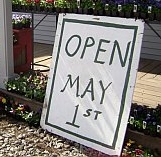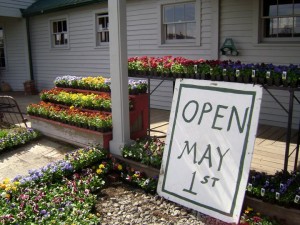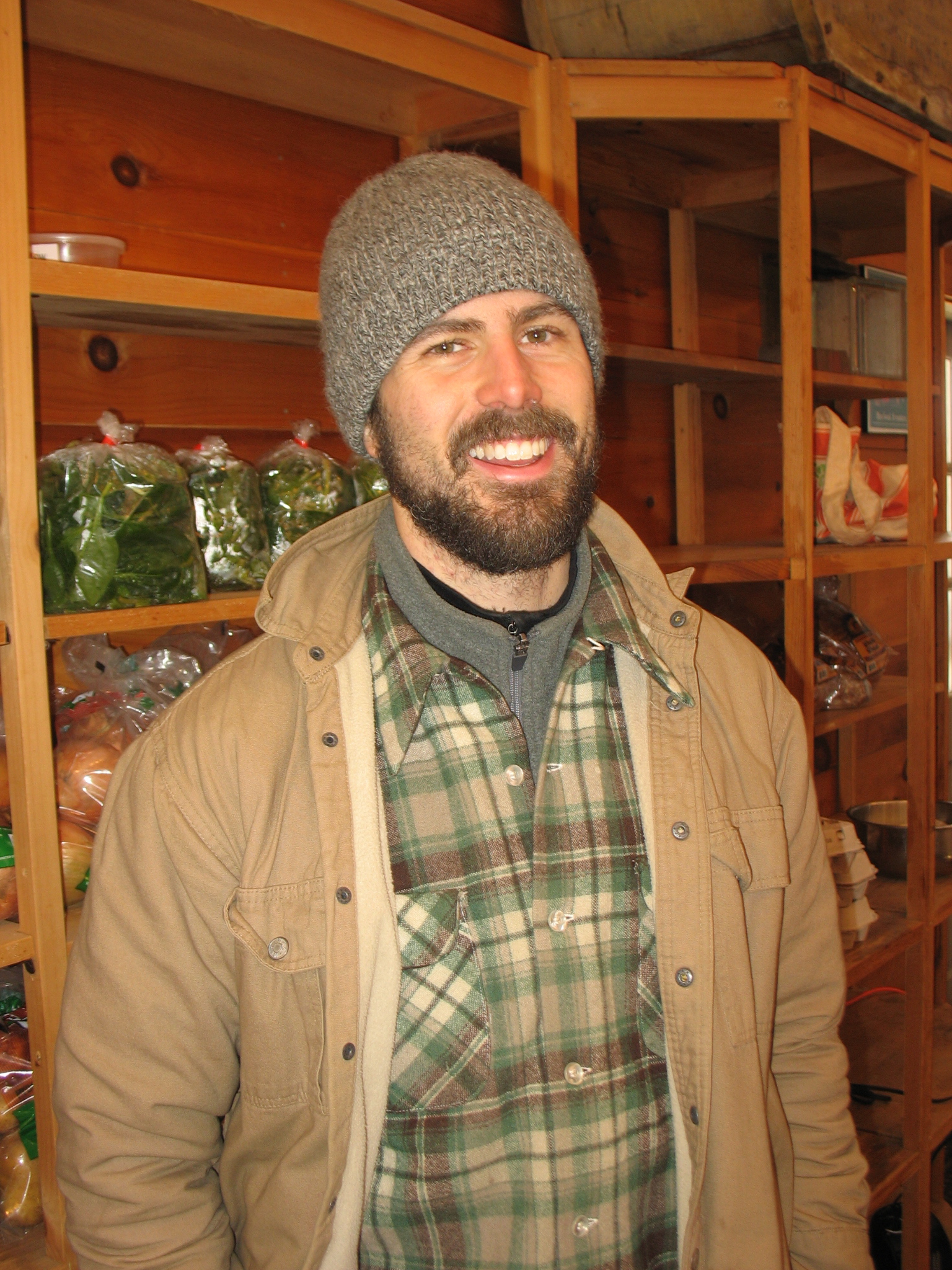Alex McCullough, who manages the Winter Market for Harlow Farm, also runs the farm’s kitchen and grows the specialty crops for Harlow Farmstand not grown by the wholesale side of the farm. It’s his first year with the Winter Market, and he’s enthusiastic about where it’s going.
“My main goal is to make it an even better, more exciting experience for our members. That means, first of all, doing our best to provide the items that members want, when they want them. I’d also like to make the winter market a forum for community members to interact with and learn from one another —about recipes, unusual vegetables —and to get to know Harlow Farm and other local producers better, if they want to.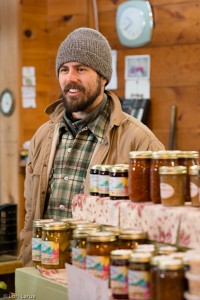
“Even though members will only see one or two farm faces at delivery sites during the week, a lot of people and a lot of planning, now and throughout the year are involved in making every delivery possible.”
Alex is also in charge of the farm kitchen, where he preserves and cans much of farm’s produce, including jams, salsas, dilly beans, and frozen vegetables.
Alex’s wife, Kellyn, who has experience in child abuse prevention and non-profit daycare management, is doing family support work with the Winston Prouty Center in Brattleboro, working with single mothers trying to get on their feet. In their spare time, Alex and Kellyn like to cook and eat more than anything else. “We try to homestead as best we can without an actual homestead,” Alex says. “Besides that, we do a lot of hiking, biking, and reading of philosophy. Kellyn is an aspiring yoga teacher, and I’m an aspiring woodworker with dreams of building our own ‘natural’ house.”
Alex grew up in Corvallis and Portland, Oregon, and attended the University of Oregon, first studying computer science, then transitioning to environmental studies and French. In 2012 he got a master’s in agroecology from the University of Wisconsin-Madison.
Alex hadn’t thought much about farming until he went to Niger, West Africa, with the Peace Corps in 2008. “I lived in a tiny rural village where the people grew vegetables, fruits, grains, and beans, raised animals, and fished in the Niger River. Even though life there involved a lot more than agriculture, farming really determined the rhythm of every single day. It became an important part of my life, there, and before I left I knew I wanted to help make good food an important part of other peoples’ lives, too.”
“I hope that with the Winter Market we can show that even in the north, even in Vermont, with a little forethought and effort, we can eat locally all year round. The more people there are who are interested in doing that, the more that we and other farms can grow to fill that demand.”
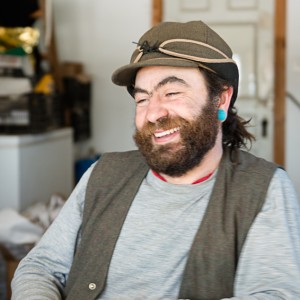 Cory Walker, Lead Grower
Cory Walker, Lead Grower
